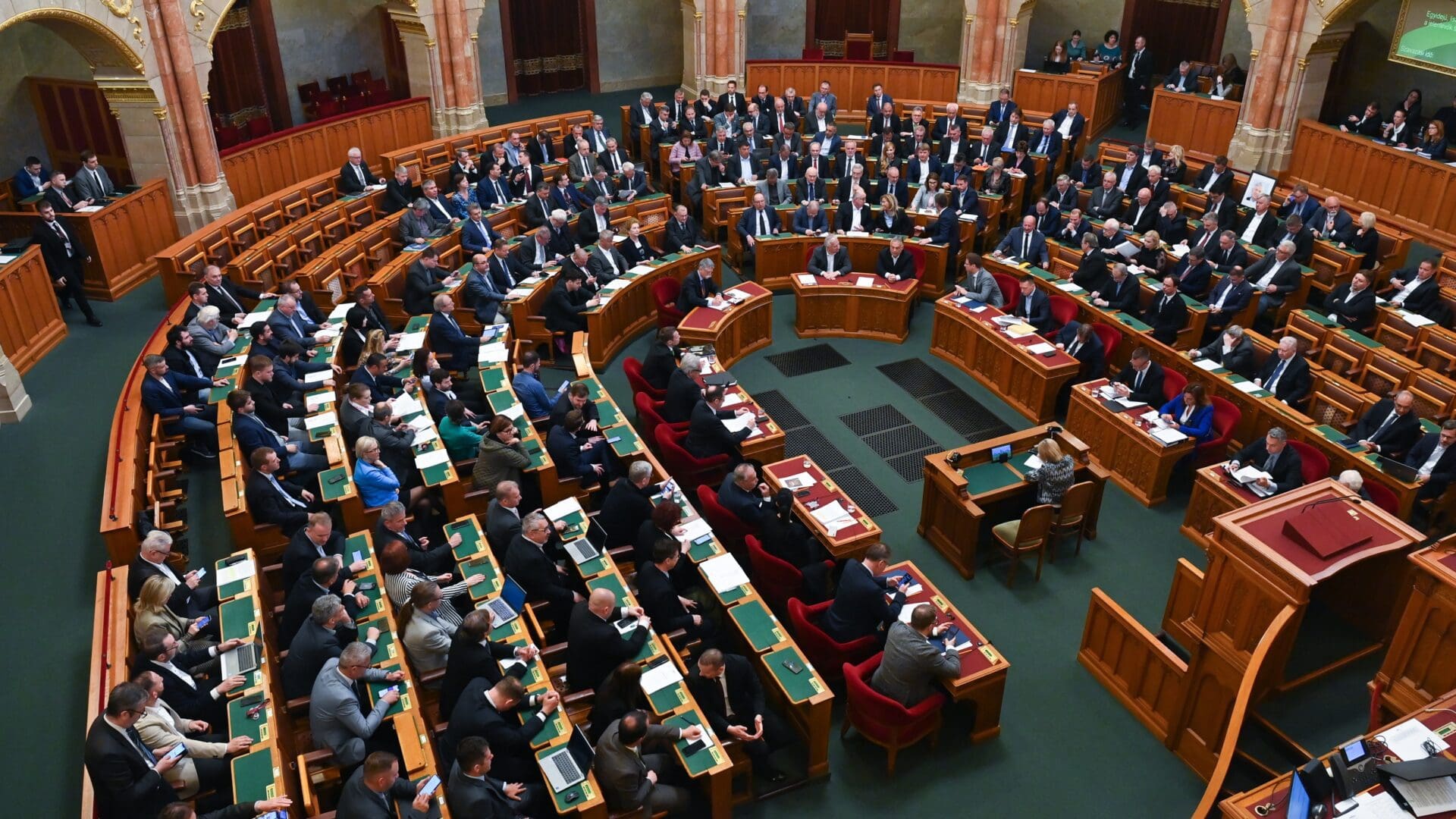On Wednesday, 3 May parliament passed the bill authorising the government to extend the state of emergency introduced in 2022 by another six months, with 132 votes in favour, 52 against, and six abstentions.
According to the law sponsored by the justice minister, an extended state of emergency is needed to handle the humanitarian catastrophe caused by the war in Ukraine and to tackle the economic consequences of the armed conflict. The bill was designed to ‘ensure all means to assist and accommodate refugees, fence off the negative economic impacts.. and help the country leave behind the effects of the war as soon as possible,’ the draft legislation’s preamble said.
According to the justification of the proposal submitted by Deputy Prime Minister Zsolt Semjén, the extension of the state of emergency is important because the armed conflict and humanitarian catastrophe on the territory of Ukraine, as well as their consequences for Hungary in terms of refugees, economic and energy issues, have remained unchanged in the recent period. As the justification points out, the Russo-Ukrainian war in Hungary’s neighbouring country has resulted in a humanitarian situation not seen since World War II and has also changed the European economic landscape. To manage the humanitarian catastrophe and mitigate the consequences of international economic changes, Hungary still needs to ensure the possibility of effective and rapid government responses.
The state of emergency in reaction to the invasion of Ukraine was first introduced by the government in May 2022, and has since been extended several times, most recently in November last year.







